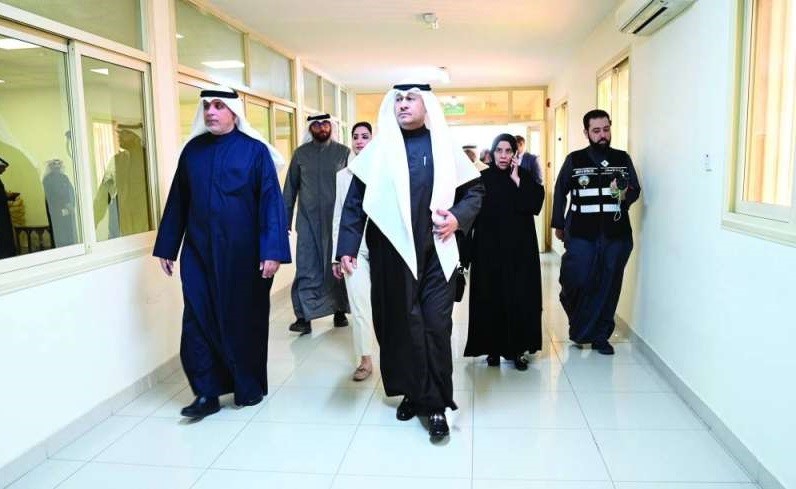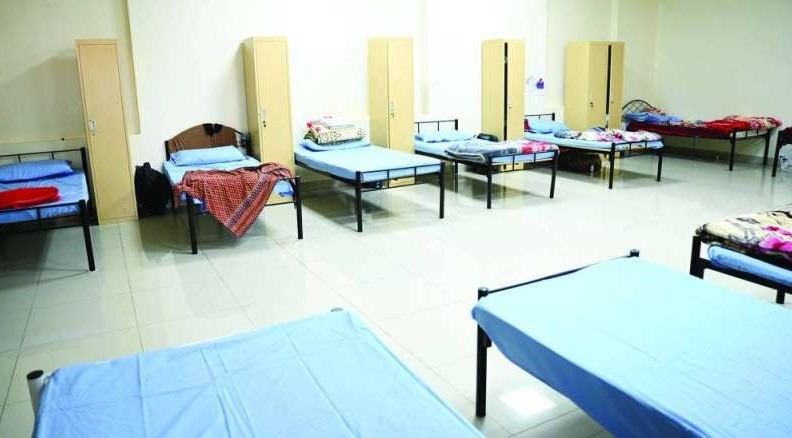25/01/2024
25/01/2024

KUWAIT CITY, Jan 25: In an ongoing commitment to the National Strategy to Prevent Human Trafficking and Migrant Smuggling, Hashim Al-Qallaf, the Undersecretary of the Ministry of Justice and Vice-Chairman of the Permanent National Committee, along with committee members, conducted a visit to the Expatriate Worker Shelter Center in Jleeb Al-Shuyoukh. The visit aimed to assess the center's operations and the services provided to expatriate workers.

Dr. Fahd Al-Murad, Acting Deputy Director General of the Workforce Protection Sector at the Public Authority for Manpower, expressed gratitude for the committee's visit, emphasizing the importance of their involvement in understanding the services and care offered at the shelter. Al-Murad highlighted the center's international recognition, commended by various international bodies and diplomatic missions.
The tour encompassed a comprehensive overview of the facilities and services, showcasing the center's status as a pioneer in Kuwait. Al-Murad noted that the committee's joint efforts align with the political leadership's commitment to enforcing laws related to human trafficking. He underscored Kuwait's global leadership in implementing laws and regulations, citing the center's provision of world-class accommodation for women and plans to establish a new facility for male workers.
"The center prioritizes the well-being of inmates, offering healthcare, meals, and recreational activities, including sports and cultural events. Our collaboration with the Red Crescent Society ensures a suitable environment until they return to their home countries," Al-Murad stated, expressing appreciation for the committee's dedication to safeguarding the rights and dignity of expatriate workers.
During the visit, committee members received a detailed explanation of the intake process for female workers, emphasizing protection and social care by international laws and conventions. The steps, from immediate entry to medical examinations, provision of accommodation, meals, and various activities, were outlined. The tour also included inspections of the center's facilities, activity halls for female inmates, and the provision of appropriate clothing when needed. A video presentation offered insights into the inmate's daily routine, emphasizing the cleanliness and adequacy of their living arrangements.


